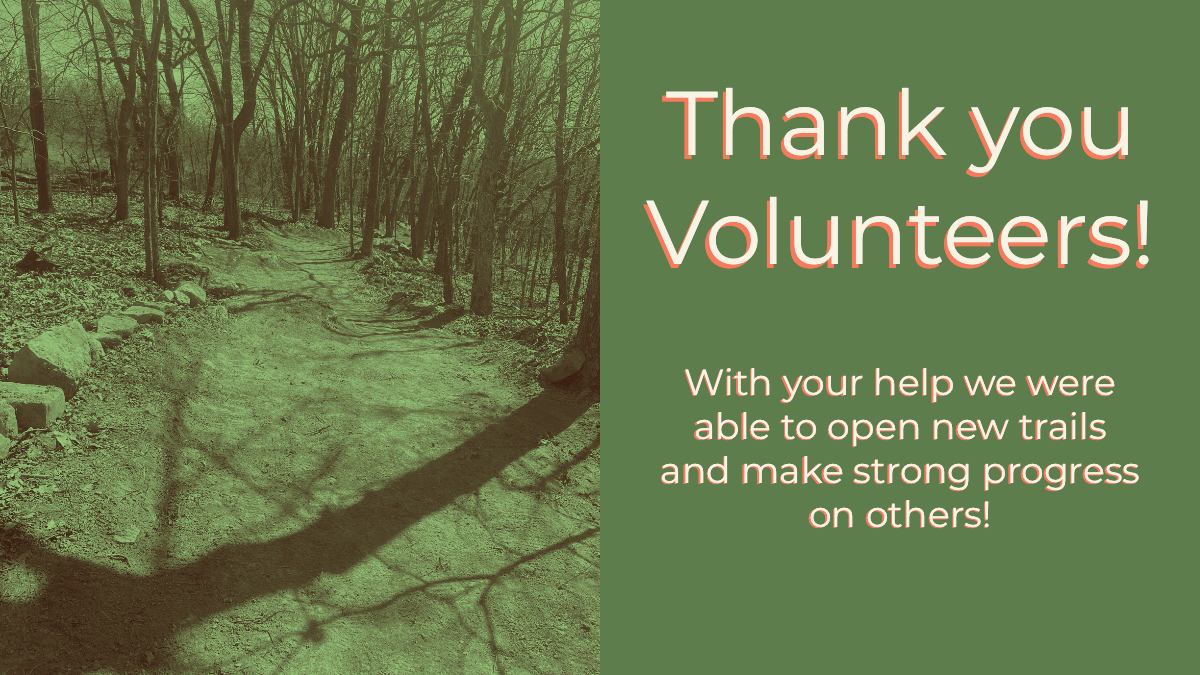
Trail Work Day 3.27.22
Thank you to all our volunteers! No matter if you could only dedicate a few hours or the whole day your participation was valued!
Sincerely, Thank you.

Thank you to all our volunteers! No matter if you could only dedicate a few hours or the whole day your participation was valued!
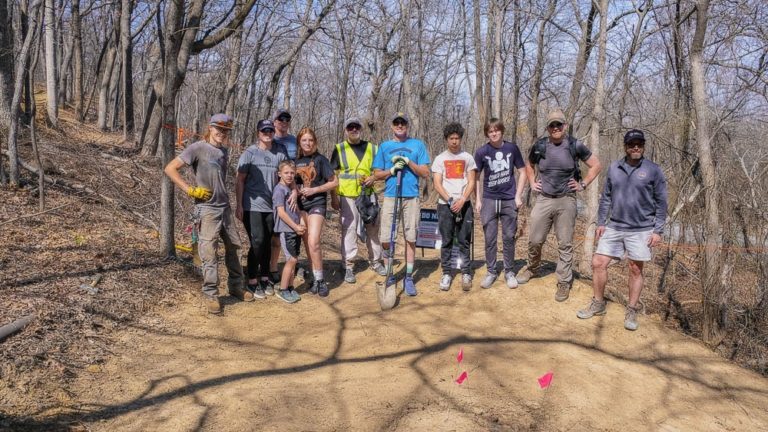
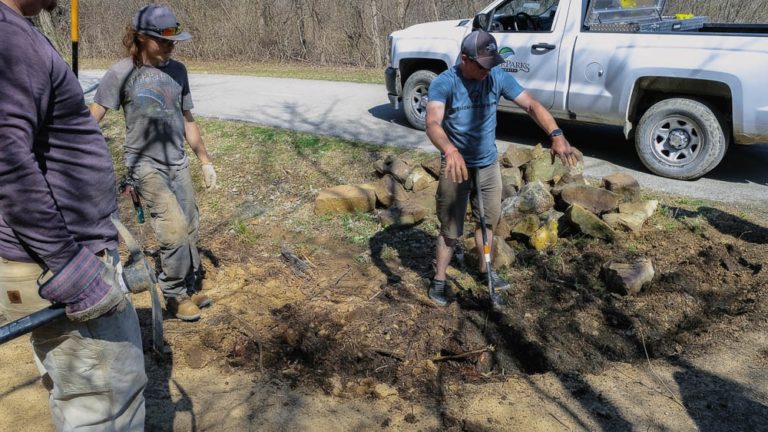
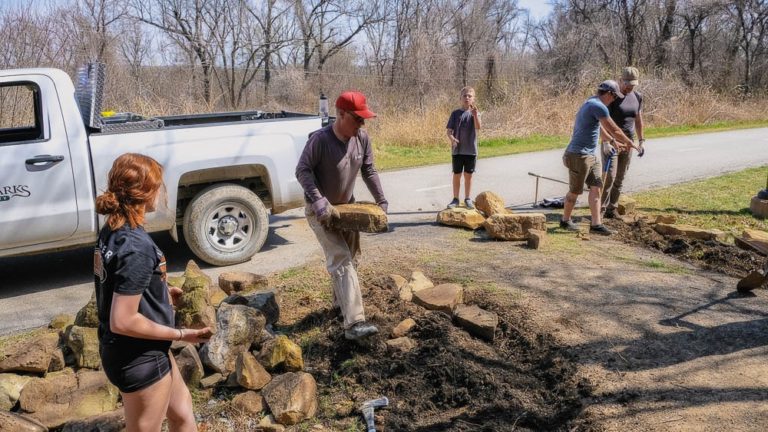
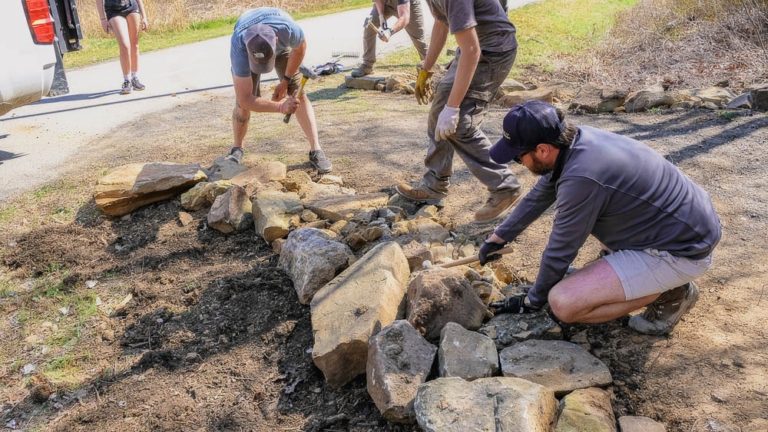
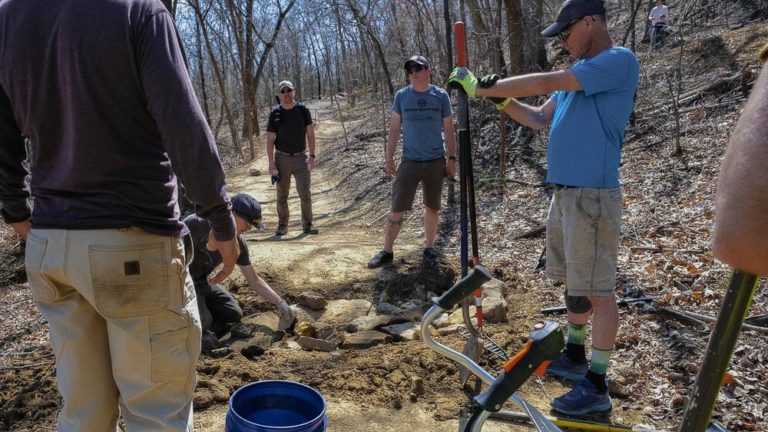
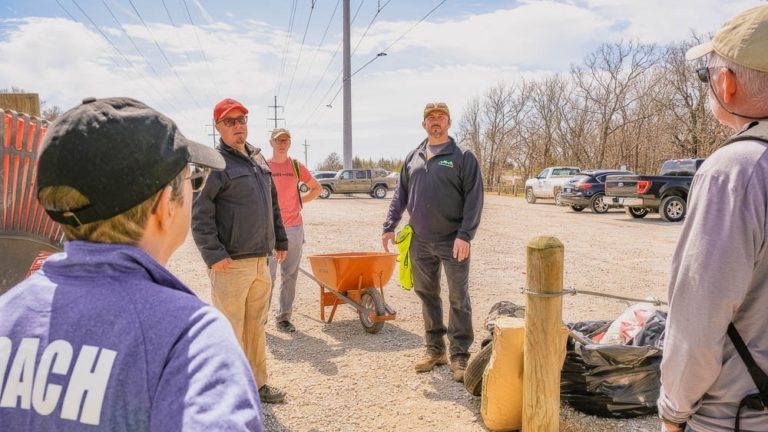
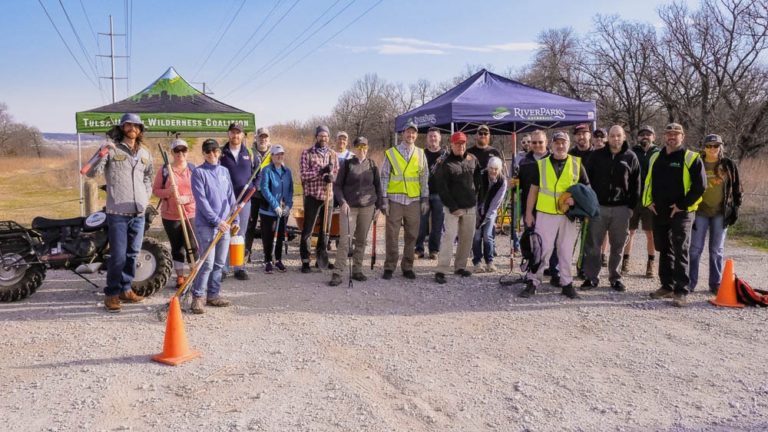
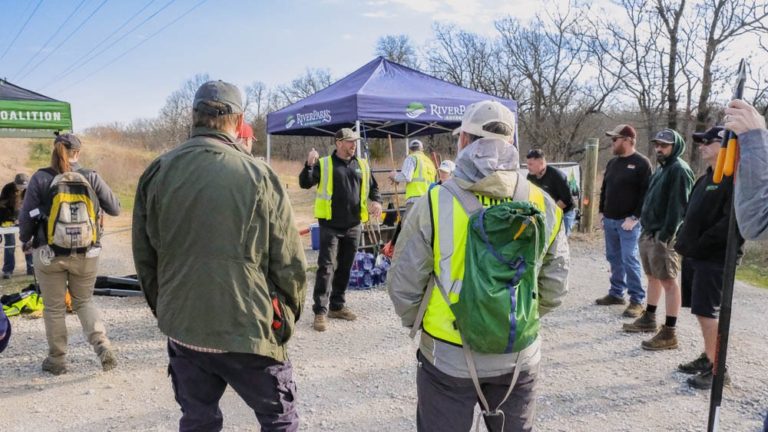
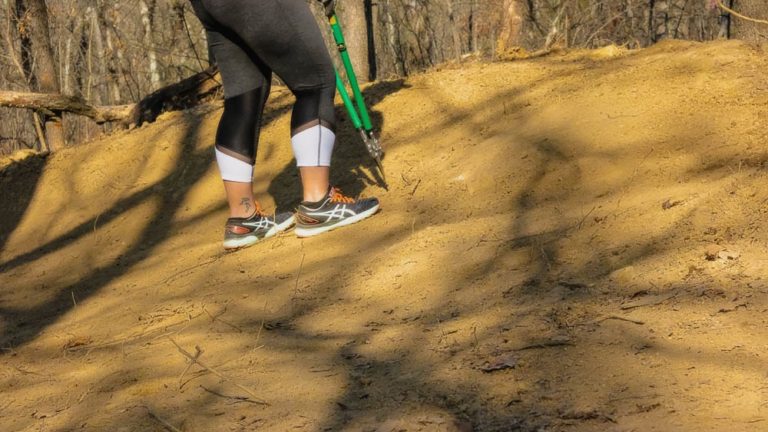
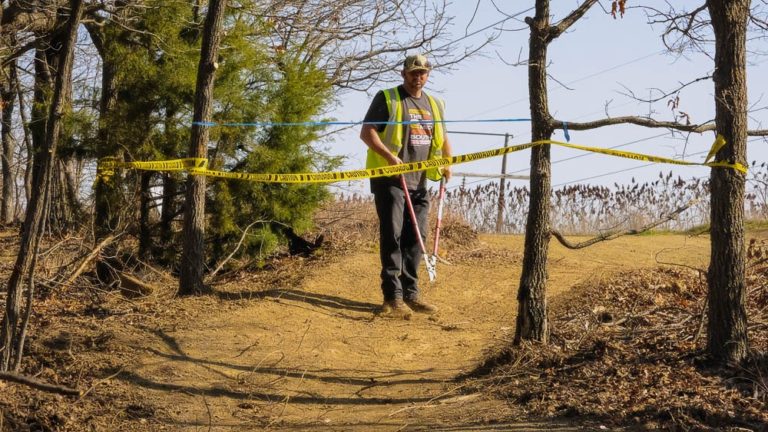
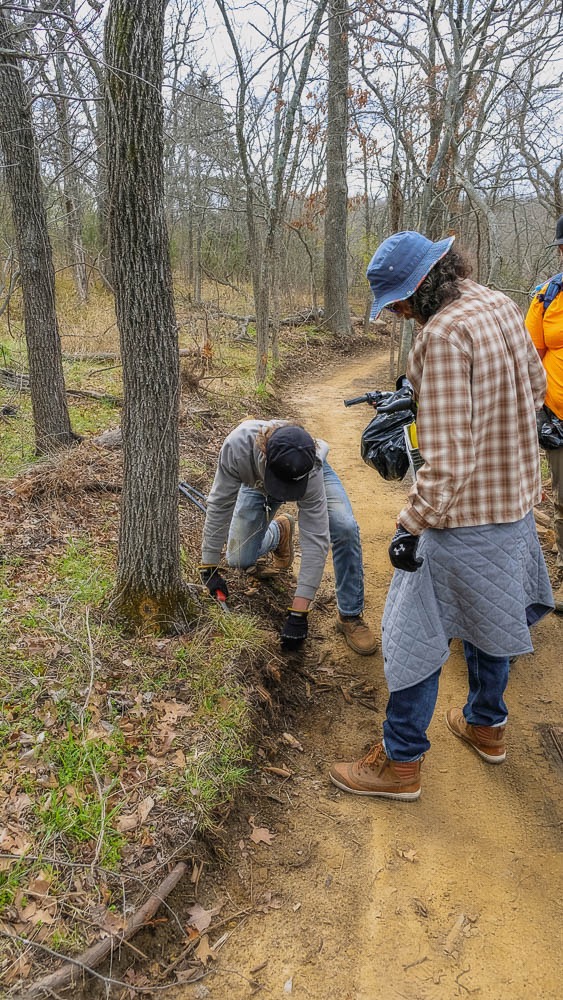
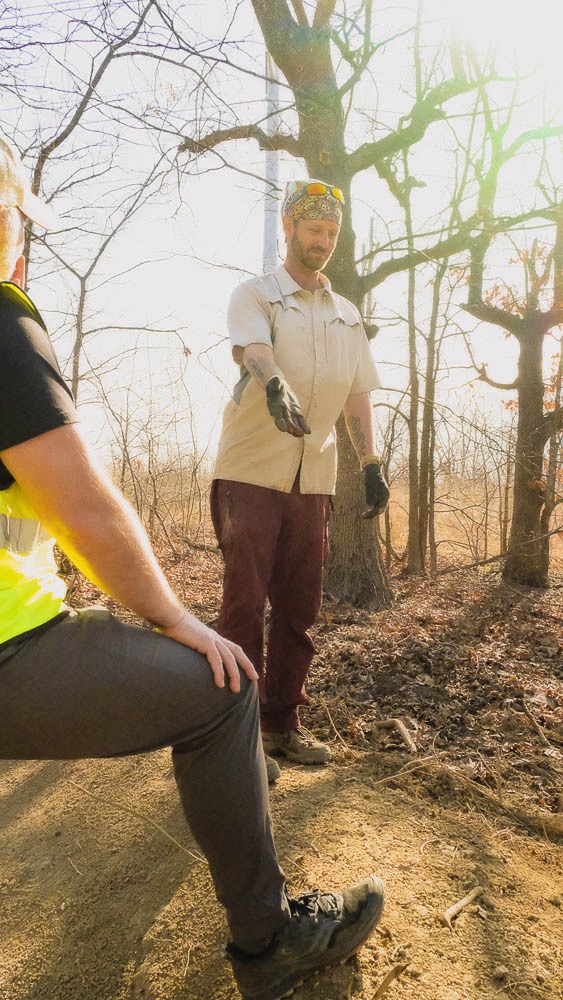
Sincerely, Thank you.
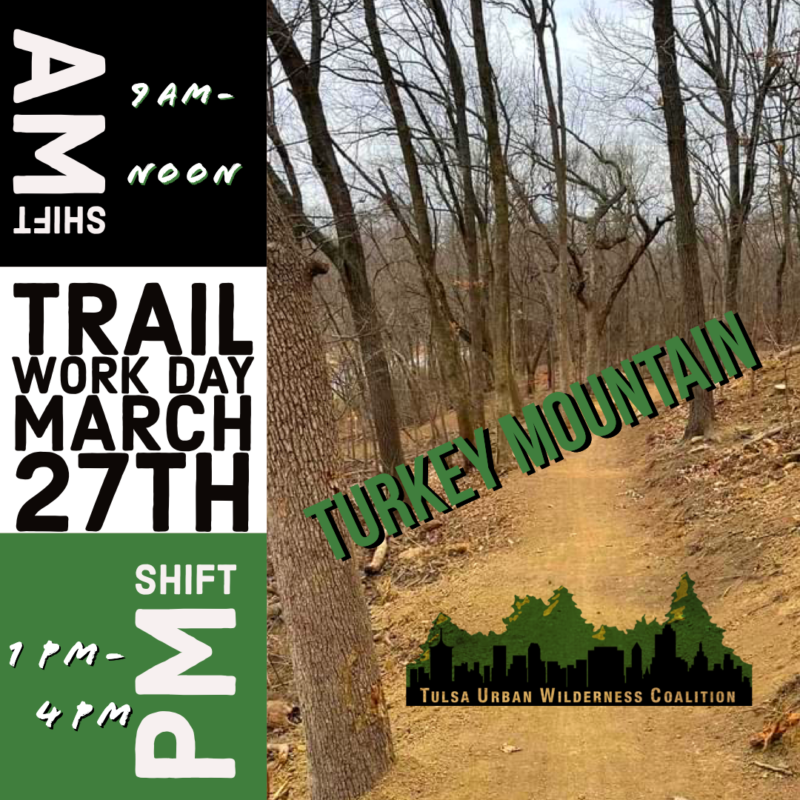
Additionally, we will be working on the following:
ALL AGES ARE WELCOME!!!
We can sign for volunteer hours for students!!!
*****should you bring personal tools please clearly label them so you can make it home with what you brought.
*******note – we do not expect anyone volunteer to provide everything on this list, pick one or two things
To join the discussion on the AM Shift visit the Facebook Event here or the PM Shift here.
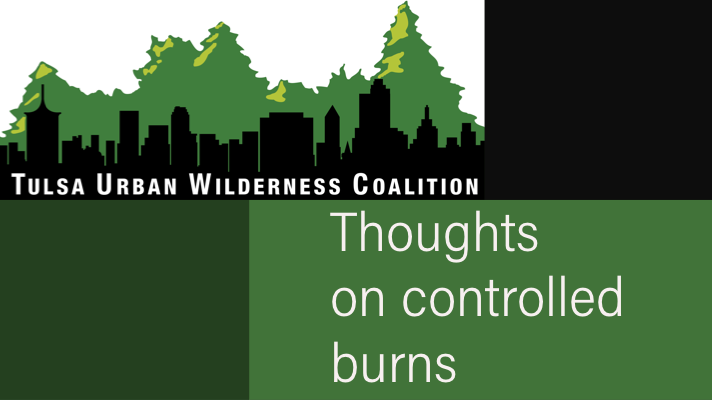

As we begin to discuss the River Parks Authority Turkey Mountain Master Plan created by MVVA one of the first things that must be done is undergrowth, fallen leaves and invasive species removal. There are a number of ways to do this. Manually, with grazing animals (like goats) or the most cost effective and natural option – fire.
Without man made controls Oklahoma’s landscape would regularly cycle through a burn period allowing for the landscape to remove dead plants that were choking out part of the ecosystem and as a result would be a much healthier lush area as the foliage grew back.. This is apparent around Oklahoma in places like the Tallgrass Prairie, Deep Fork Wildlife Refuge and Cookson Hills.
The reality is that by stopping this natural cycle Turkey Mountain has become a tinder box the dead wood and leaves actually are a huge danger and need to come out! We also have invasive species choking out native plants.
If you know anything about the TUWC you know that we consider humans as visitors to the space wildlife call home. The last thing we want to do is evict them!
Controlled burns are done in small segments and set and watched by trained experts. By doing small areas at a time this allows the wildlife to safely evacuate. Where if we wait until a loose ember or lightning strike happens there will be no control and it will likely burn a much larger area.
The TUWC is excited to see the implementation of the Master Plan and looks forward to the future of Turkey Mountain!
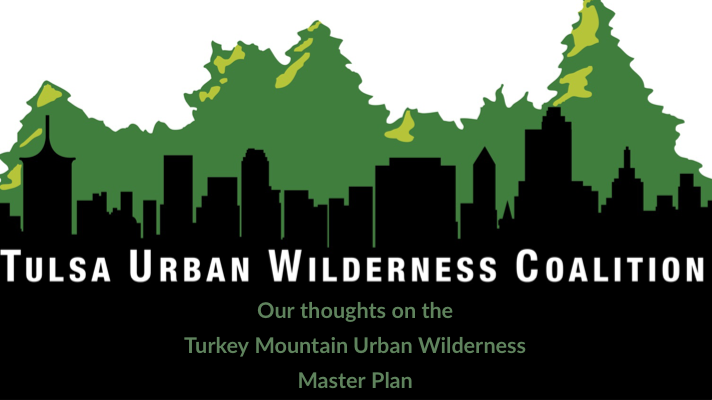

Last night the citizens of Tulsa got to see the first ideas of what Turkey Mountain can hope to look like going forward.
While we understand that as of yet this plan is a dream with zero funding committed, we are delighted with what we are seeing. Turkey Mountain as we currently know it is being left largely untouched by programming.
The careful consideration from Michael Van Valkenburgh Associates’ team working together with many experts including Progressive Trail Design, assures us that we are in the hands of respected trail builders and conservationists. As each piece of this plan was unveiled we were pleased to see how much input from the community was utilized.
By incorporating the other regional parks this is a chance for our Urban Wilderness experience to expand! With the revitalization of Bales Park to house picnic facilities and a community green space for performances, this gives park users some of the things they have wanted to see on Turkey Mountain Proper while not detracting from the more intensive recreational trail users.
We are happy to see the inclusion of accessibility options for those of all ability levels to bring the wilderness experience to users of all walks of life.
Since the early days of the TUWC forming, Mooser Creek has been a big concern. We are thrilled to see the health of this creek take a prime role as it is one of the last natural, pristine streams in Tulsa County. The inclusion of many suggestions from the RD Flanagan study is a wonderful thing to see.
We hope the citizens of Tulsa are as enthusiastic as we are about the opportunities this plan could hold for our beloved Turkey Mountain Urban Wilderness. An urban wilderness park of this caliber can only boost the appeal of Tulsa to live, work and play!
####
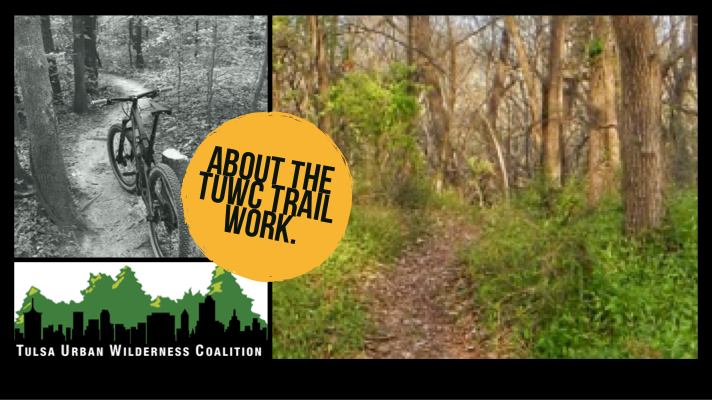
Recently some person took it upon themselves to remove a tree from Turkey Mountain.
They did this without the permission of the land owner. This makes the action vandalism.
We understand that in years past rogue cleanups often happened and generally were well managed.
With the increased use Turkey Mountain is seeing in the past few years, this is a practice that simply must stop. The trees that are being felled are sometimes not the ones that need to go, including the tree that was cut down recently.
When the TUWC has a work day, we coordinate with the land owners. We plan carefully what trails we will work on, what work will be performed and what tools we will need.
The use of power tools requires a full shutdown of the trails that the work is performed to prevent any accidents of a trail user surprising someone wielding a chainsaw.
Currently the only persons allowed to work on Turkey Mountain with any type of power equipment are those employed by the River Parks Authority. If you see anyone using power tools in the park without RPA authorization, please contact the proper authorities.
River Parks Office 918-596-2001
Tulsa Police 918-596-9222
Design & Developed by VW Themes